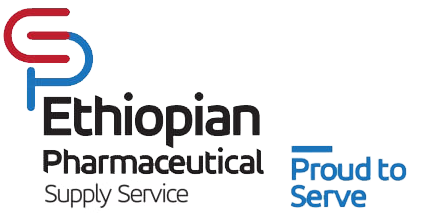Agency working with the Ministry of Health to improve pharmaceuticals supply

Problems associated with the use of correct information in pharmaceuticals forecast at health facilities have a negative influence on the Agency’s national pharmaceuticals forecast, stated pharmaceuticals procurement, forecasting and market research team leader, Gulilat Zebene.
The team leader explained that the weakness of health facilities in managing information makes it hard for them to project their pharmaceuticals demand based on previous consumption patterns besides the amendments they make to match their demands with their meager budget. These problems end up disrupting the accuracy of national forecasts by the Agency.
Despite the consideration of procurement lead time in the procurement plan, he noted, the shortage of foreign currency and delay by suppliers in handing the pharmaceuticals over to the Agency combine to have the inputs on schedule. These things, he explained, make procurement and forecasting difficult.
Procurement packages are used to alleviate the problem, shorten the pharmaceuticals procurement process and submit purchase order to the supplier in a procurement package without floating a bid whenever the need arises.
Gulilat further noted that health facilities are working with the Ministry of Health to strengthen their information management and make the budget allocated to them cognizant of annual demands. These efforts, he assessed, would contribute to raising the accuracy of national forecasts.
The team leader underscored the need for stakeholders in the supply chain to discharge their responsibilities towards matching pharmaceuticals demand with supply.
